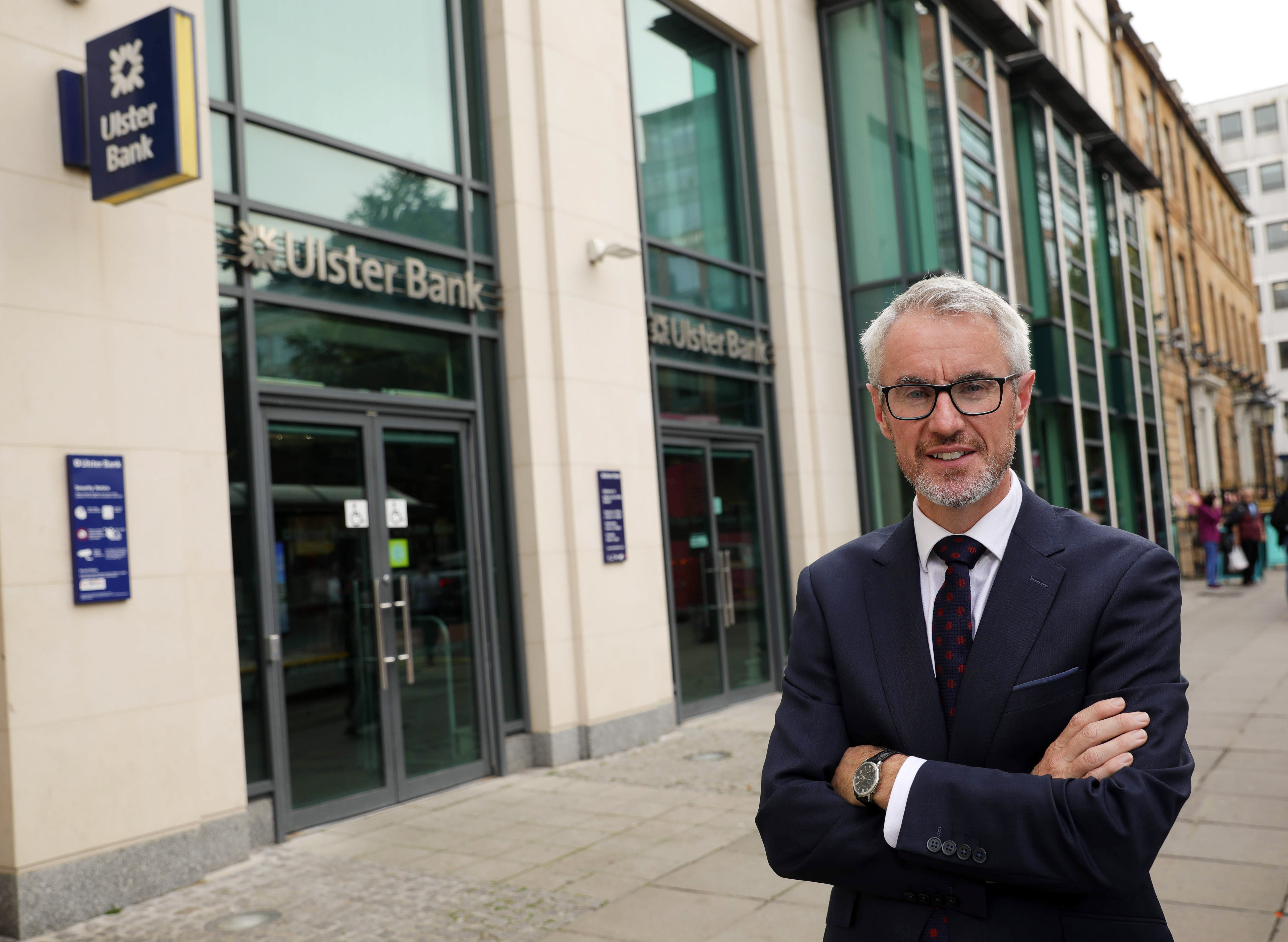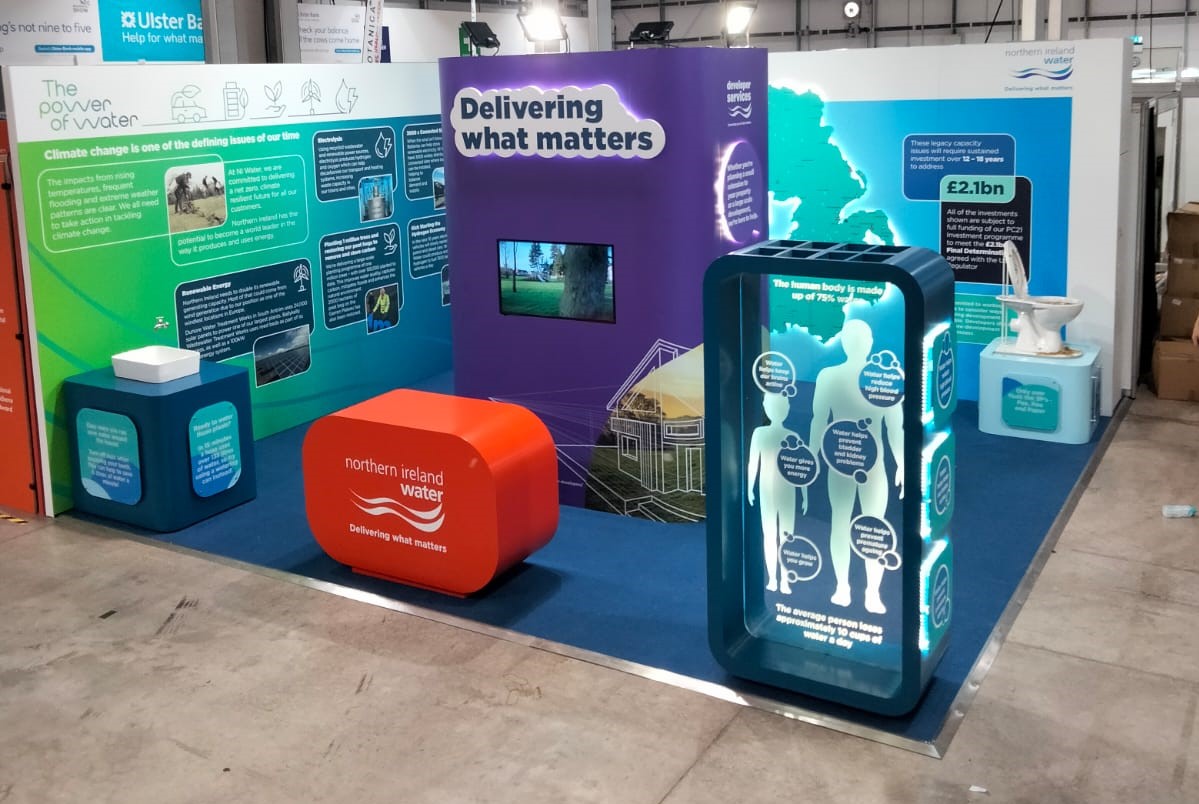RICS and Ulster Bank Residential Market Survey – April 2022
Home sales in Northern Ireland are expected to rise over the next three months according to the latest Royal Institution of Chartered Surveyors (RICS) and Ulster Bank Residential Market Survey.
A net balance of +25% of respondents expects sales to rise in the May to July period, a more upbeat tone compared to last month where a net balance of +6% of respondents expected a rise in sales.
This is despite the ongoing cost of living crisis and a lack of new properties coming onto the market.
Looking at sales, a net balance of +17% of respondents reported a rise in sales during the month of April, however, in saying that, the prevailing issues between demand and supply have continued into the second quarter of the year.
A net balance of +23% of respondents reported an increase in new buyer enquiries and the net balance for new instructions to sell was -18% indicating that whilst there is an increase in the number of people looking to buy, there is a decrease in the number of properties coming onto the market.
In terms of residential property prices, a net balance of +96% of NI respondents said that there was an increase in prices looking over the past three months, and a net balance of +43% of respondents expect prices to rise in the three months ahead, which is a similar pattern that can be seen across the whole of the UK.
Samuel Dickey, RICS Northern Ireland Residential Property Spokesman, says: “It’s encouraging to see that surveyors are expecting an increase in sales over the next number of months albeit we are still experiencing an imbalance between demand and supply. The lack of stock has been apparent for many months and as such we’re seeing this drive prices up across all categories, with expectations this will continue in the next three months. The expectation that sales will rise over the next quarter could be an indication that more stock may be expected to come onto the market.”
Terry Robb, Head of Personal Banking at Ulster Bank added: “At Ulster Bank we are continuing to see good mortgage demand. We also know that consumers are very keen to make energy efficiency savings in their homes, therefore increasing their environmental sustainability. Our green mortgage is one way that we can help consumers save money by being more energy efficient. One of the best ways of saving money on bills is to reduce the amount of energy that we need to use – therefore, helping people understand how to make their home more energy efficient can be a really effective way to help cut their bills, something that’s particularly important in the context of rising prices. It could also help to reduce their climate impact as homes account for 15pc of the UK’s carbon emissions.
“We’ve put climate change at the heart of our strategy to be a purpose-led bank here at Ulster Bank. It’s therefore important that we support our customers on the transition to net zero. We can help them understand and reduce their climate impact and deal with the escalating costs of energy bills.”
RICS Economist, Tarrant Parsons, commented: “Despite growing macro headwinds in the form of cost-of-living pressures and higher interest rates, the residential market continues to see modestly positive trends in new buyer enquiries. For the time being at least, even though there is a lot of caution about the future economic landscape, it seems that limited supply available on the market, coupled with steady demand growth, are still the overriding drivers of house prices. As such, there is little evidence at this stage of house price inflation losing much momentum, while expectations for the coming twelve months have only moderated slightly from recent highs.”


